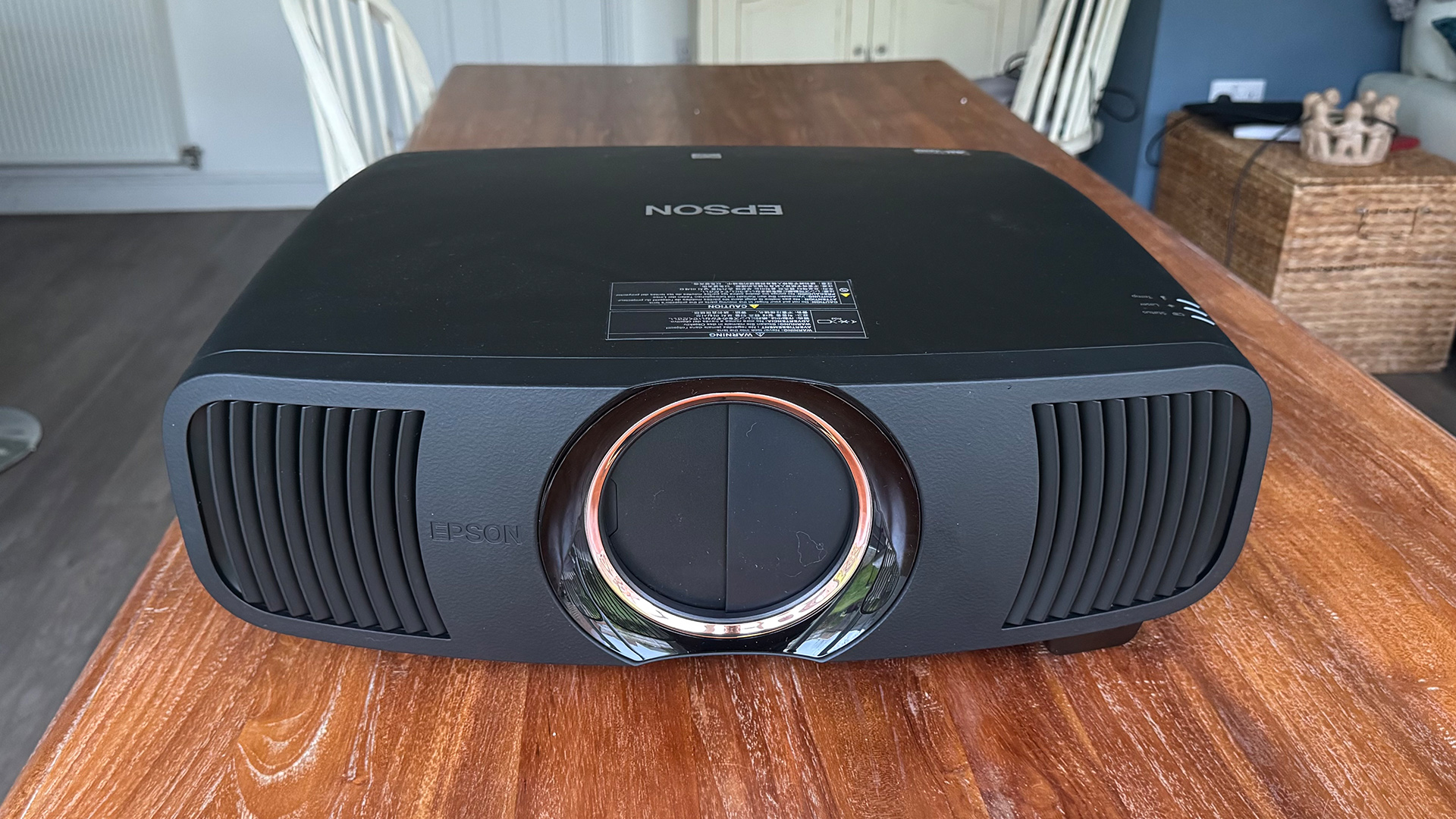What Hi-Fi? Verdict
Synthesis is a new name to us, but, if the Shine is anything to go by, it’s worth searching out
Pros
- +
A bold performer that works well with all types of music
- +
distinctive finish
- +
compact size
Cons
- -
Needs to be partnered with relatively sensitive speakers
- -
not the last word in analysis
Why you can trust What Hi-Fi?
It only takes a few seconds of listening to realise Synthesis's Shine is no ordinary valve amplifier.
This amplifier's sonic presentation is so taut and surefooted, it sounds instantly different to just about every other all-valve alternative out there.
You see, most valve amplifiers we've come across tend to put sweetness and refinement ahead of qualities such as drive, dynamics and attack. The Shine joins a very select group of valve products that refuse to conform.
This little amplifier (and we do mean little, at just 32cm wide and 22cm deep) has no shortage of guts. Play a demanding disc such as Massive Attack's Heligoland and the Synthesis responds with enthusiasm.
It sounds cohesive and untroubled by the album's seismic basslines and rapid-fire percussion. There's a swagger in the way it deals with hard-hitting transients; indeed, it's closer to how a high-power transistor design deals with such signals.
Alongside this forceful sonic framework the Shine also delivers a fluid and full-bodied sound, which is just the kind of thing you'd hope for from a design of this type.
It's not an attention seeker
This kind of presentation works well with harder, more compressed recordings such as Charlotte Gainsbourg's IRM.
Through the Shine, her vocals come through with passion while the backing instrumentation lacks nothing for drive and momentum. Any hard edges in the recording are revealed, but never emphasised.
The same is true with classical recordings such as Tchaikovsky's Marche Slave Op.31, where this integrated balances attack with refinement beautifully.
This Tchaikovsky piece also proves the Synthesis can face complexity without crumbling and deliver multiple instrumental strands in a cohesive, yet easy-to-follow manner.
Equally, there's no denying the amplifier's ability to communicate a truck-load of excitement when it has to. Tonally, things are pretty even, with little in the frequency range sticking out or grabbing unwanted attention.
Sure, soundstaging isn't the most expansive we've ever heard, despite a dual mono circuit configuration that's meant to excel in such matters, but it's still decent enough to please most people. Image precision is pretty good too.
It just sounds 'right'
Perhaps this amplifier's most important quality is that it just sounds ‘right'. We're not saying it's perfect – we haven't come across a perfect product yet, regardless of price, and probably never will – but the Shine's shortcomings really don't intrude on the musical experience.
The result is that the amplifier just doesn't draw your attention when it's in the system, which is just as it should be.
Judged by the highest standards at this price, this isn't the most transparent or revealing integrated amplifier we've come across. Dynamic contrasts aren't quite as wide-ranging as they could be, either.
These aren't huge flaws, but they're enough to cost it a star, despite its highly musical performance. In short, if you're the kind of person who buys hi-fi to analyse recordings, there are quite a few alternatives that will do that particular job better.
However, if you just want to enjoy music, the story is rather different.
Moving away from sound quality, the Shine remains on solid ground. It's a well-made amplifier that's neatly finished. If the striking red of our review sample doesn't appeal, Synthesis makes the Shine in a range of exotic finishes, including rather fetching shades of pink – or even beige.
The feature count is typical for a product of this type, with five line level inputs and a single tape loop. You also get a remote control – though we're not keen on it mirroring the amplifier's colour, or the feel of its buttons. Still, it's easy enough to use.
Less fussy than most rivals
System matching isn't as much of an issue as it can be with valve amplifiers. Use speakers with sensitivities in the high 80s and you won't go far wrong.
We got great results with the Spendor A9 floorstanders, Triangle's Magellan Cellos and the EB Acoustics EB1s.
Our resident ATC SCM 50s didn't fair so well, sounding lazier and hazier than any of these three, despite reaching decent volume levels.
It seems the Shine's 40W per channel power output isn't enough to inject a bit of life into lower sensitivity speakers.
Synthesis isn't a brand that's particularly well known in the UK. But with revised distribution, it now has a chance to make a decent impact in the marketplace. If the brand doesn't succeed, it won't be the fault of this product.
See all our hi-fi amplifier Best Buys
What Hi-Fi?, founded in 1976, is the world's leading independent guide to buying and owning hi-fi and home entertainment products. Our comprehensive tests help you buy the very best for your money, with our advice sections giving you step-by-step information on how to get even more from your music and movies. Everything is tested by our dedicated team of in-house reviewers in our custom-built test rooms in London, Reading and Bath. Our coveted five-star rating and Awards are recognised all over the world as the ultimate seal of approval, so you can buy with absolute confidence.

